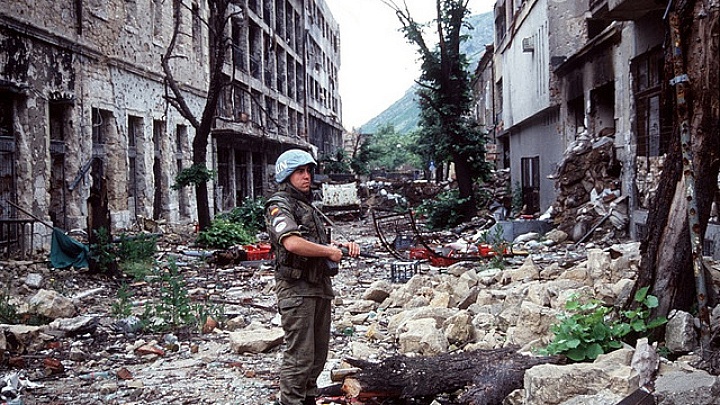
The politics of state-building is one of the most significant and controversial issues in policy-making in the 21st century. The tensions within this complex, multilevel process are deeply rooted in the changing nature of politics and power.
On the one hand, in the post-Cold War era the liberal internationalist discourse (buttressed by the theory of liberal peace) has come to recognize that at times the actions of the state (whose purpose is to protect its constituency and evenly distribute economic opportunities) often pose a threat to the security and a structural constraint to the well-being of that same constituency.
On the other hand, humanitarian intervention can be said to weaken the sovereignty of others states upon which the Westphalian system was structured and to represent a practice of colonial mimicry, actually hindering the development of “developing” countries and normalizing a relationship of domination between the West and the “Rest”.
Due to its contested nature and intrinsic connection to broader power relations, this issue has also become a privileged locus of academic critique. The need to understand the imbrication of power with the practices of state-building has been one of the guiding lines for David Chandler’s work. In his book Empire in Denial: The Politics of State-Building, Chandler sets out to unearth how the changing discourse of state-building typifies a distinctive framework of imperial domination that, while reinforcing the principles of the neo-liberal project, also reflects the Western desire (and need) to evade its responsibility in the process. In his words, “state-building is the practice of denying empire.”
The puzzle underpinning this book is the ethics of power and domination. However, Chandler does not question whether domination and unequal power relations exist, but rather how these relations are being reconstituted in ways that “reflect the institutionalization of new hierarchies of power” and enable the West to “exercise influence without assuming direct formal responsibilities.” Specifically, Chandler focuses on how democracy promotion and state
